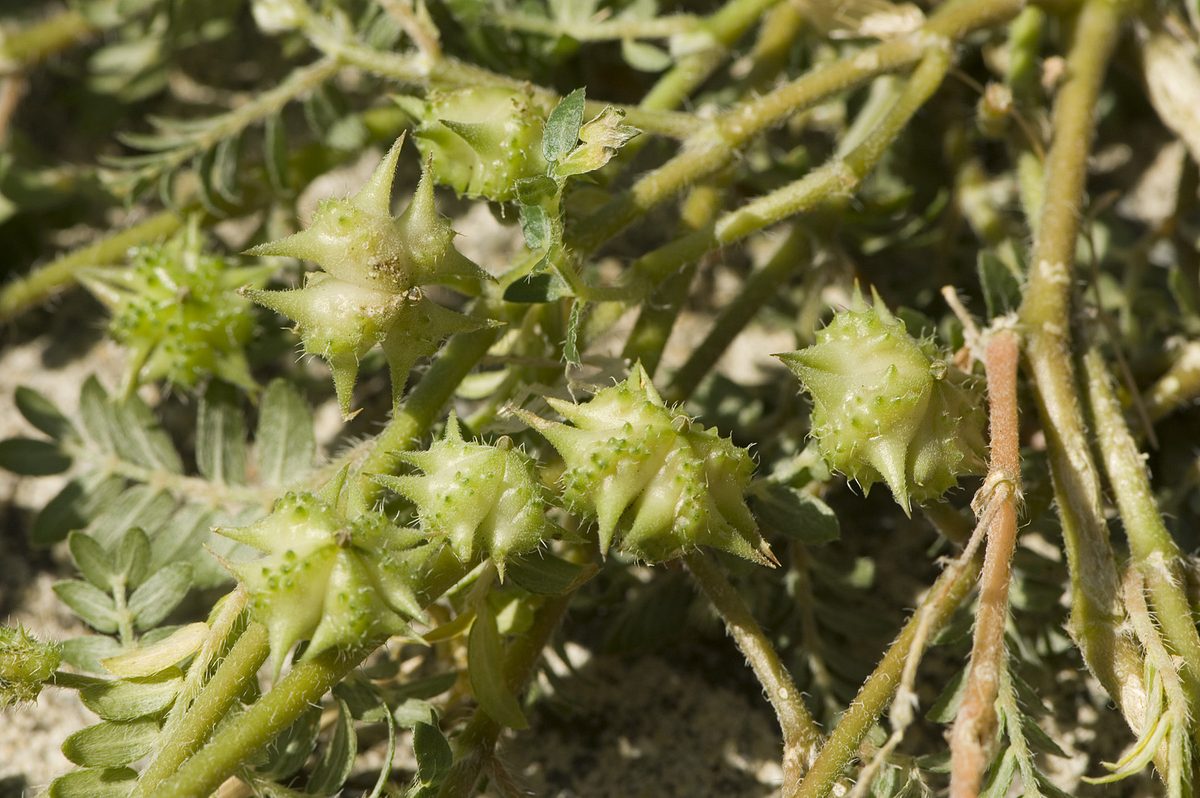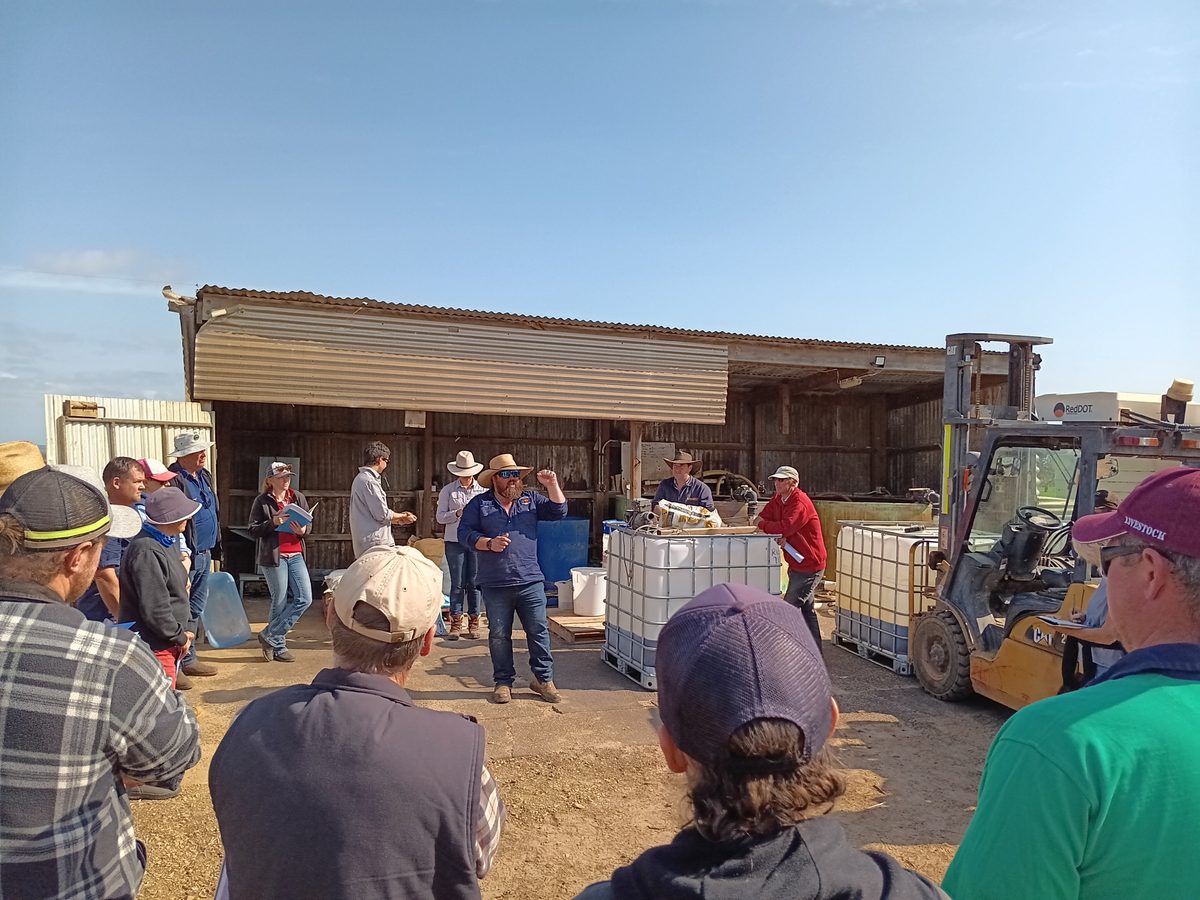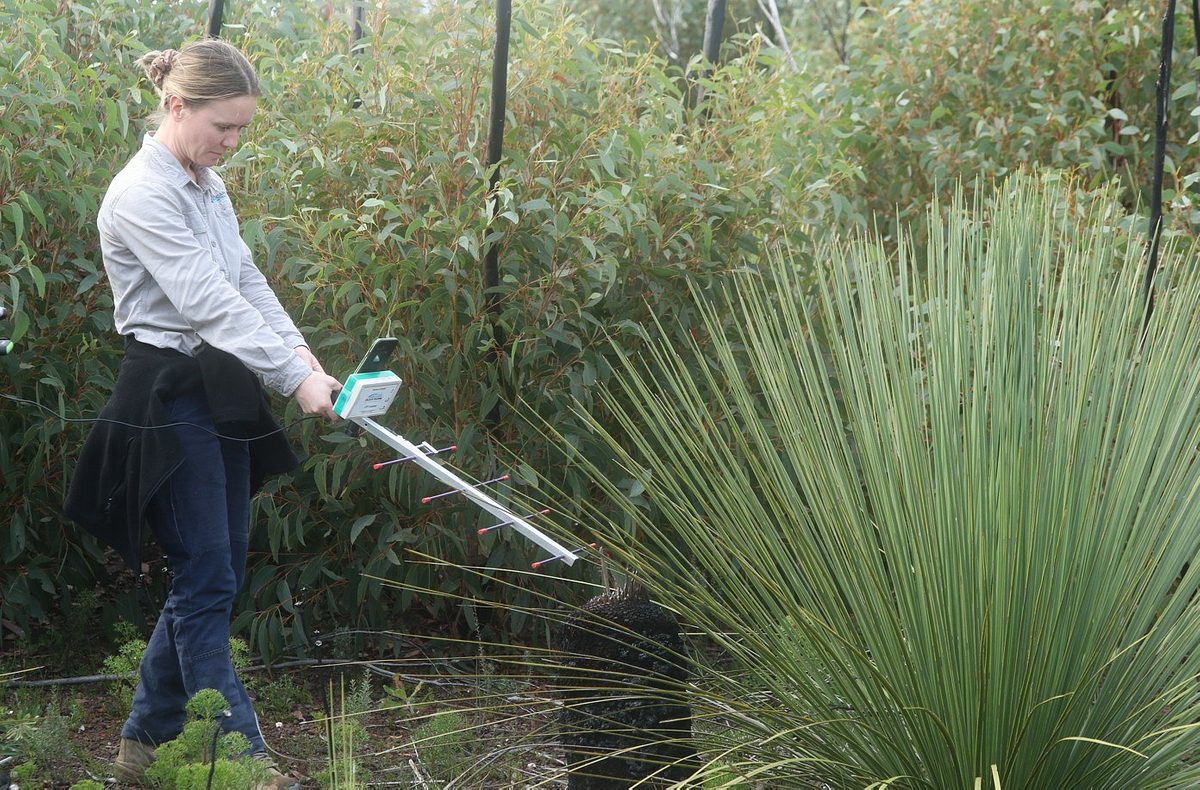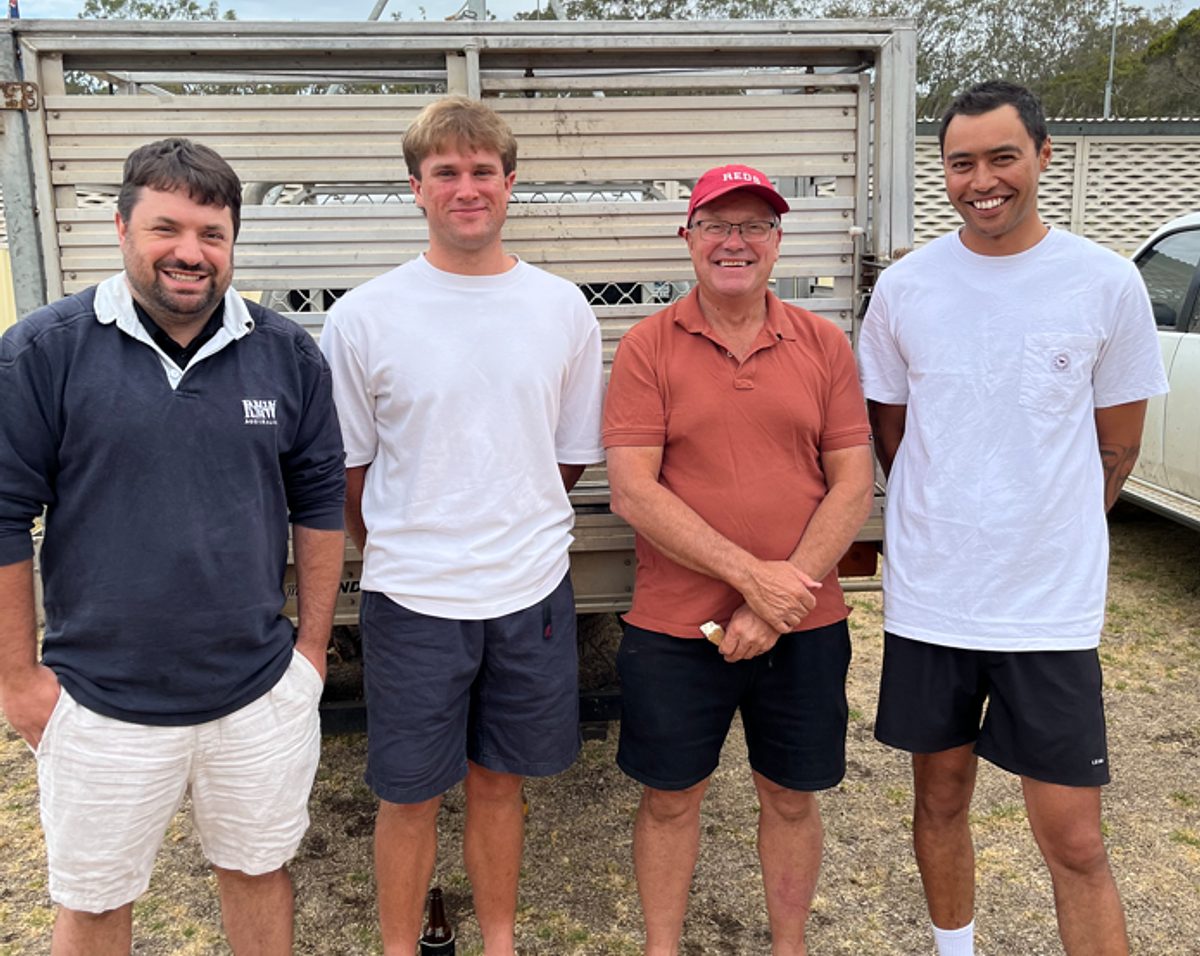Supplier fined for delivering invasive weed to KI
A South Australian Supplier has been convicted and fined $7,300 by the Environment, Resources and Development Court of SA for importing the highly invasive, declared weed, caltrop to Kangaroo Island following a lengthy investigation.
In 2017, Natural Resources Kangaroo Island (NRKI) were informed by a KI farmer that they had received a bulk consignment of feed lupins from the mainland and that they had discovered a contaminant in it that they thought was three corner jack.
Upon further investigation, laboratory sampling which determined the identification, the contaminant was found to be the declared weed caltrop (Tribulus terrestris) and that they were viable (live).
Under the NRM Act, a penalty of up to $20,000 or 6 months imprisonment may be imposed for such an offence.
Andrew Triggs, Biosecurity Liaison Officer at NRKI, said that the investigation found that a total of five consignments from the same supplier were delivered to five different properties on the island.
“Samples from three properties established that they all contained caltrop and these samples were sent for analysis, said Mr Triggs.
“The level of contamination varied from 6 caltrop seeds per kilogram to 40 seeds per kilogram with, in total, approximately 100 tonnes of feed lupins being supplied from the contaminated source.
Two of the farmers that received the contaminated lupins had already fed them out and have been subject to monitoring for the last two years.
The other three consignments were sent for milling and processing to reduce the risk of the caltrop seed.

Damian Miley, Regional Manager for KI, said that whilst importing feed from off island will always come with a risk, the level of caltrop in this delivery could have led to real headaches for the island’s farmers.
“Kangaroo Island currently has only small manageable outliers of caltrop infestations but if this consignment had gone undetected, we could have seen widespread damage across the island,” said Mr Miley.
“Sheep farmers know too well the issues caltrop can cause both to wool during shearing and, in some cases, losing livestock if ingested by the animal.”
Caltrop produces woody burrs that have sharp ridged spines up to 6 mm long that are a hazard to stock, damaging the feet, mouth, stomach and intestines of animals. Caltrop is toxic to sheep and may present similar problems to native fauna.
In the sheep industry caltrop is also known for getting entangled in sheep’s wool, causing headaches for shearers; the sharp robust spines are also known to cause tyre punctures and damage to the feet of people and livestock alike.
Caltrop burrs are well-equipped for dispersal – whichever way they land on the ground, one of the spines always points upwards. The burrs readily attach to the feet of animals, vehicle tyres, rubber-soled shoes and almost any object that is placed on it.
Originating in the Sahara area of North Africa, caltrop is a significant pest in summer crops as it is able to extract soil moisture from a great depth, allowing the plant to thrive in very dry conditions.
Protecting Kangaroo Island’s biosecurity is everyone’s responsibility. You can report any suspected weed / pest animal in-person at the Natural Resources Centre on Dauncey Street, Kingscote or by calling 8553 4444.
More information about KI’s biosecurity can be found on the Natural Resources KI website at: www.landscape.sa.gov.au/ki/plants-and-animals/Biosecurity



